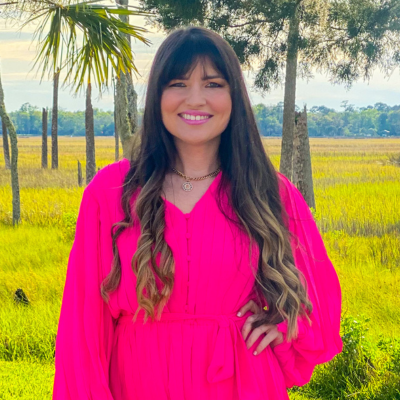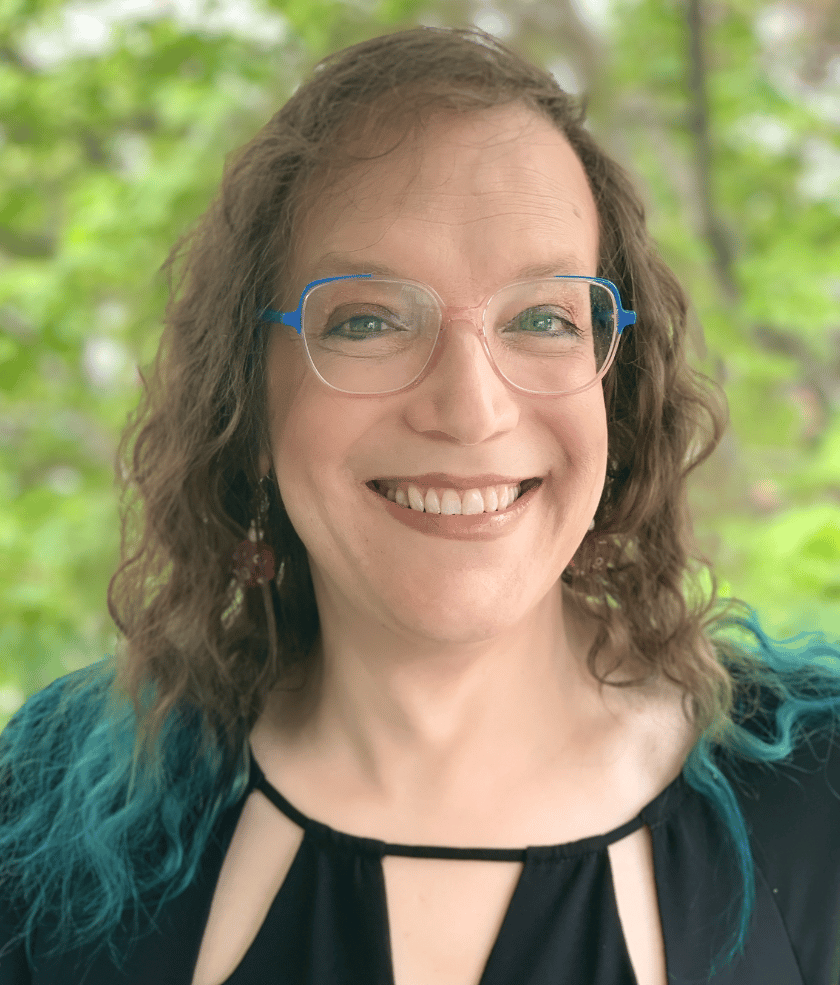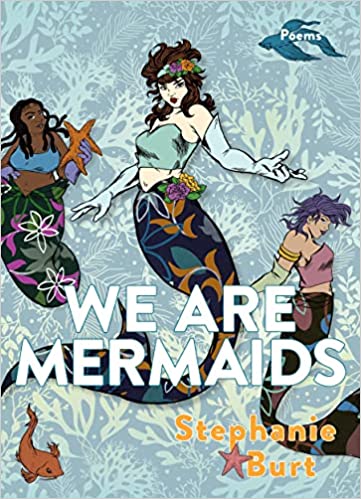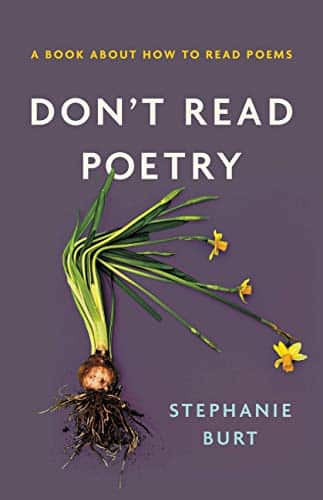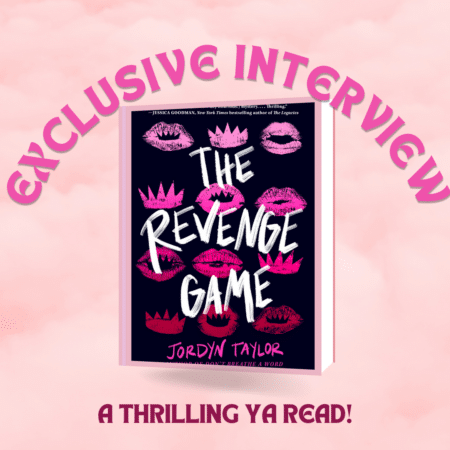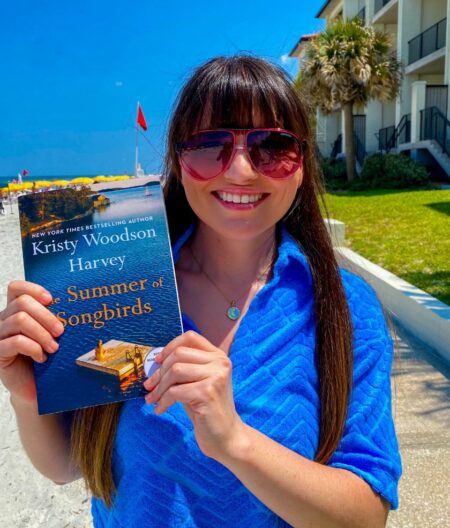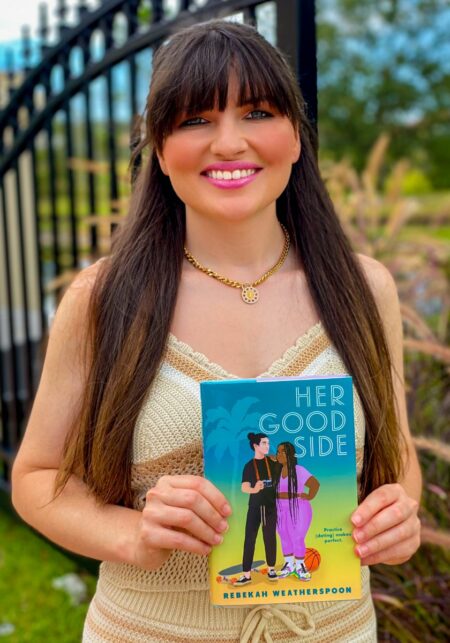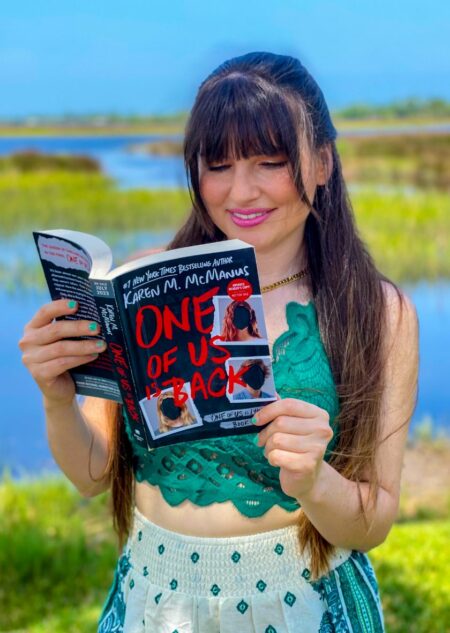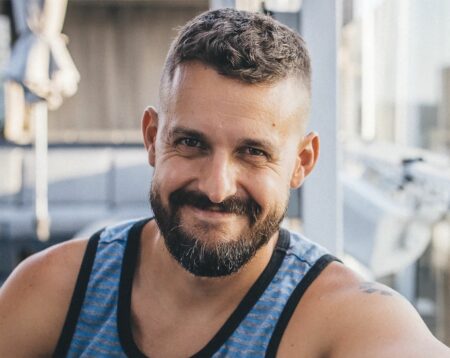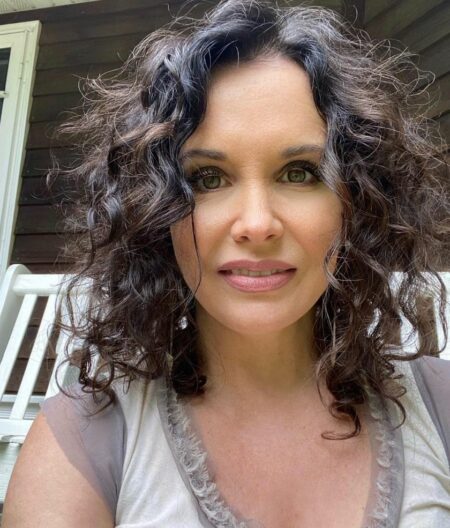Today Author Stephanie Burt joins us for an exclusively interview about her latest novel, We Are Mermaids. Stephanie was also my professor this past summer at Harvard for Superheroes and Power. I was so excited to hear about her novel and could not wait to interview so you all could meet her!
Stephanie! Welcome! Tell us more about We Are Mermaids.
First, thanks for inviting me to answer your questions! So, yeah, this is a book of poems I finished over the last five years. They’re about queer and trans and intimate community, about close friendships and romantic ties and family loyalties and how those things can work together as well as clashing hard. They’re supposed to be intricate and self-consciously pretty, at least some of the time (some rhyme!).
Sometimes they’re angry because look around: we’re still (to paraphrase the great N. K. Jemisin) voting on who gets to be people. Sometimes they’re responses to earlier poems. Sometimes they’re meta (several are spoken by punctuation marks, like semicolons and parenthesis).
They’re about trying to be a responsible adult and only sometimes succeeding when a big part of you is still about fifteen years old and excited to join the X-Men. (Yes, I know Kate Pryde joined at 13 ¾. Don’t @ me. I mean, do @ me, but not to correct me. Unless I’m wrong.) Did I mention that some of them are about the X-Men? Oh, and sea life. There’s sea life. Because we are mermaids.
Amber Tamblyn says this is your “most intimate and masterful work to date.” What inspired you to craft We Are Mermaids?
Depends on the poems since I think I crafted them separately? Amber is wonderful. I don’t know about masterful, but it’s definitely intimate—and it’s supposed to be fun. My last book of poems, After Callimachus, was only halfway a book of poems by me since they all adapted the ancient poet Callimachus, and the book before that, Advice from the Lights, was really a coming-out book: searching, try-harding, kind of lonely.
This one’s about my friends. And my romantic partners (we are a polyamorous household now: that’s part of the book). There’s a sense of mutual support and shared joy in my friendships and more than friendships that I didn’t get to feel until after I came out. It’s fun to write about that sense.
Do you have a favorite poem in We Are Mermaids?
I do, but which one depends on the day. I’m tempted to send you to “Before the Wedding,” because it’s both an adaptation of Sappho and a fandom poem (set during X-Men Gold no. 30). Or to “Hobbies,” which might be the most serious poem since it’s about how to save a lonely childhood, and about autism spectrum stuff maybe (waves to my autistic besties): that one’s also a kind of stylistic homage to the recent poetry of Monica Youn, whom I want everybody to read. Or maybe the title poems (there are two). Or “””” (the poem’s title is a pair of quotation marks; the quotation marks speak the poem). Maybe the one about airplanes, which are dragons, which are also trans people. Ask me again tomorrow?
What do you hope readers take away from this book?
Solidarity. Support. The ways in which queer and trans and weird people need other weird and trans and queer people in our lives. The ways we can make our own fun.
WE ARE MERMAIDS by Stephanie Burt
Genre: Poetry
This is a book poetry that is much more that it may seem. She uses humor and her knowledge to create this beautiful collection.
Read more reviews on my book index
Buy this Book: Amazon | Barnes & Noble | Books-a-million
The cover is great. It ties in with the title. Were you involved in the design process?
I was. I asked for something mermaid-y and superhero-y, and the Graywolf team absolutely obliged! Kapo Ng’s art just stunned me. I had to surface and spray to appreciate it. I’m kind of surprised that Kapo Ng hasn’t drawn comic interiors, given the dynamism in the image. Check out Kapo’s other book covers, too! https://www.iamkapo.com/
How long did it take you to craft We Are Mermaids?
Earliest poems date from December 2016; the most recent from March or so, 2022. Not counting a discarded earlier version of Jaime Gil de Biedman’s “Hymn to Youth” from the late 1990s. My books of poems are books of poems mostly composed individually and then thrown around and shuffled and re-dealt on a living room floor till they look like a book: I don’t know that I have a whole book till I have one.
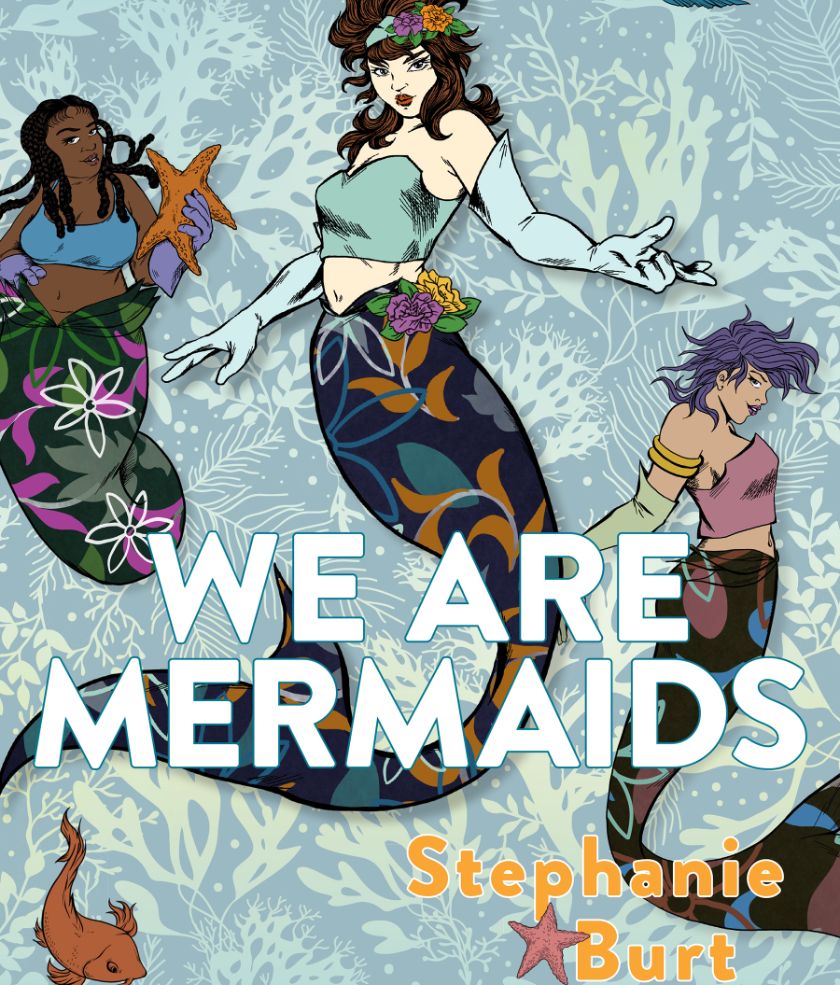
Did you always want to be an author?
I wanted to write science fiction novels and superhero comics, and I still wanted to do that (Marvel: call me!). Then I wanted to be a molecular biologist, or maybe a singer-songwriter, like Billy Joel or Billy Bragg or Suzanne Vega (and now you know approximately how old I am). I came to college absolutely undecided between “write books, possibly poetry” and “discover molecules.” Turns out I don’t belong in a lab, and I can’t sing I’m kind of a C+ piano player, and I need help telling stories, but other people seem to like it when I write about poems. And sometimes, when I write poems.
Readers may not know this, but you are also a Professor of English at Harvard. How do you find the time to write a book? What is your writing process like?
I don’t sleep enough? I don’t know how I find the time. I seem to have a very bits-and-pieces, write-when-I-can, kitchen-table kind of process. I’ve never done a writers’ colony or a writing retreat. The closest I’ve come was a ten-day stint teaching at the Bread Loaf Writers’ Conference. That said, Harvard has treated me very well: compared to other kinds of professor jobs at other colleges and universities, I get a lot of free time and a lot of resources, and I’m expected to write books with it (though some of them have to be lit-crit books: fair enough since that’s my job).
What is one piece of advice you’d give an aspiring author wanting to write poetry?
Can I give three if they’re short? Read old poems. Read poems in more than one language, in the original, even if you’re far from fluent (get a dictionary or facing-page translations!). And find friends and allies of your own age or generation, people who like what you like, so you don’t have to risk everything for a teacher’s approval.
Before I let you go, where can readers find you on social media?
Find me on Twitter, where I am all too active: @accommodatingly (two c’s, two m’s, it’s a long story). If you prefer Instagram, I’m @notquitehydepark there, but mostly I use Instagram to see pictures of wombats. The true mermaid content goes out on Twitter.
What did you think of my Interview with Author Stephanie Burt?
Comment below or give this post an emoji!
More Popular Books from the author
Don’t Read Poetry by Stephanie Burt
Genre: Poetry
In this collection, Burt puts together another masterpiece by showing readers how when they do find a poem they like, find others like it.
Read more reviews on my book index.
Buy this Book: Amazon | Barnes & Noble | Books-a-million
